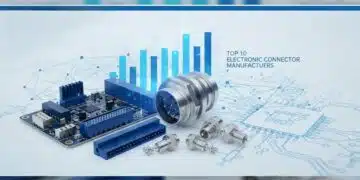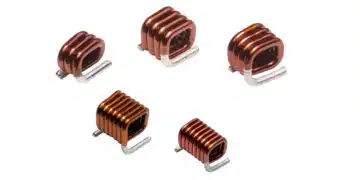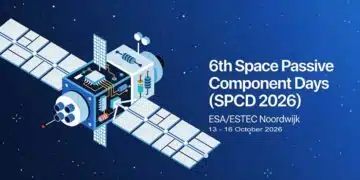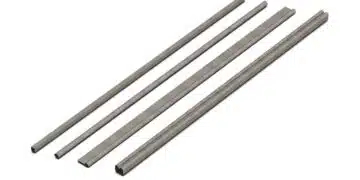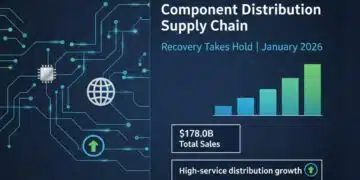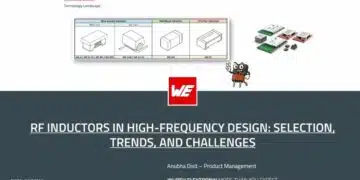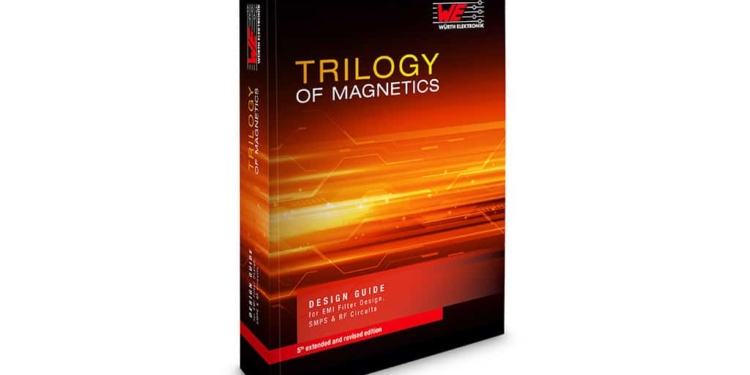Source: Würth Elektronik eiSos news
Waldenburg (Germany), 13 December 2018 – Würth Elektronik eiSos is pleased to announce the publication of the fifth edition of the popular textbook “Trilogy of Magnetics”. The focal point of this practically oriented technical book lies on application circuits and the selection of passive components and layout recommendations in special consideration of EMC aspects.
The Trilogy of Magnetics books is divided into the following sections:
“Basic Principles” – this describes the most important physical laws and principles of the inductance components, equivalent circuit diagrams, and simulation models to give the reader an overview of the fundamental principles in this thematic complex of electronics.
“Components” – this section presents inductive components with their particular properties and specific areas of application: EMC components, inductors, transformers, HF components, surge suppression, shielding materials, and capacitors.
The section “Applications” then goes on to give the reader a comprehensive overview of the principles of filter circuits as well as numerous industrial applications, accompanied by detailed descriptions of original installations.
New focal points
Besides the important principles of the inductive components, this fifth revised edition also gives in-depth insights into the topic of simulation. In this section, the theoretic aspects dealt with in the preceding ones are brought together to better illustrate their interrelationships. This includes a presentation of filtering principles, which has been expanded to include applications in higher frequency ranges, transformer equivalent circuits, Ethernet and Power-over-Ethernet ports, basics of the switched-mode power supply, and wireless power transmission as well as basic RF principles.
“Inductive components – whether for voltage conversion, filtering, or to ensure EMC – are anything but trivial aspects, and give lots of developers a headache. The widespread uncertainty and in many cases the lack of any practical direction in the training schedule regarding the selection and use of inductance components were the reasons behind our decision to write this textbook.
The great success and the gigantic popularity of our application textbook ‘Trilogy of Magnetics’ go to prove how right we were,” says the delighted author of the book, Alexander Gerfer, CTO of the Würth Elektronik eiSos Group.
“We’ve expanded a number of the chapters and added new ones to give more space to the ever-growing importance of aspects like wireless energy transmission, RF, energy harvesting, and the new SiC (silicon carbide) and GaN (gallium nitride) switching transistors. We’ve also included detailed information on the skin and proximity effect and on AC losses.“
The fifth edition of the Trilogy of Magnetics textbook, written in English, will be available for 49.- euros. The German edition, titled “Trilogie der induktiven Bauelemente”, will be published in 2019.





